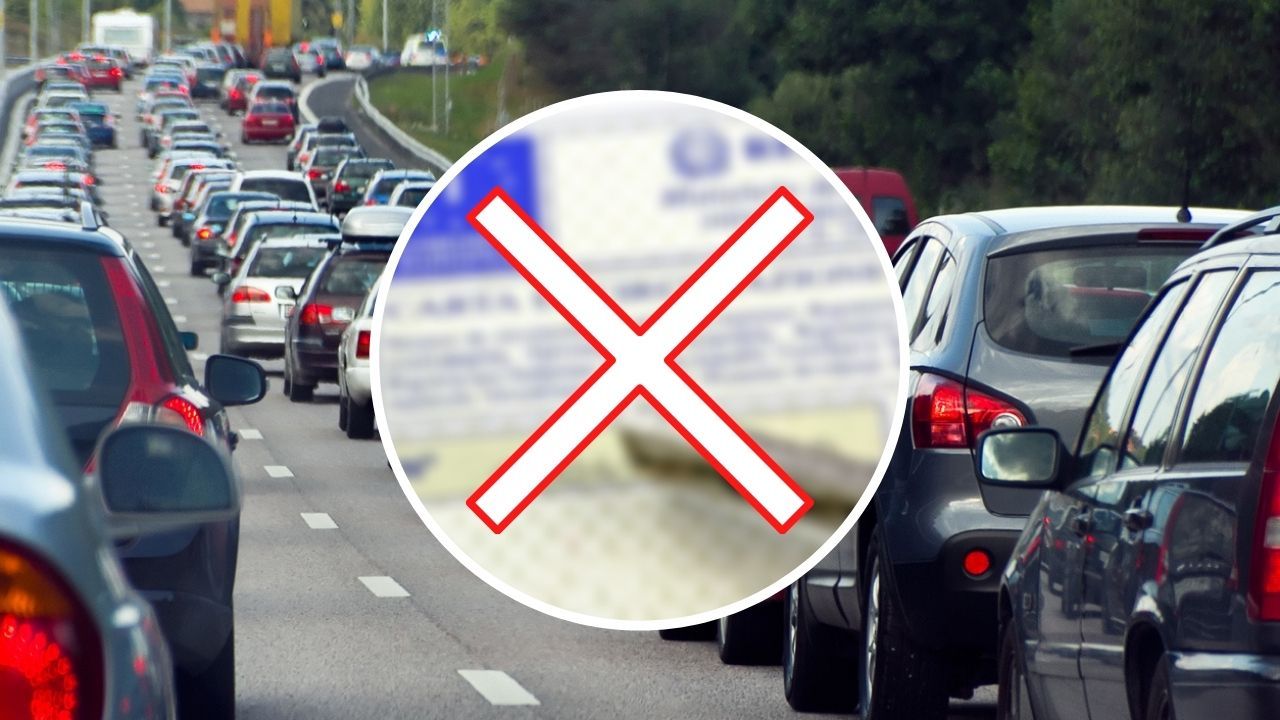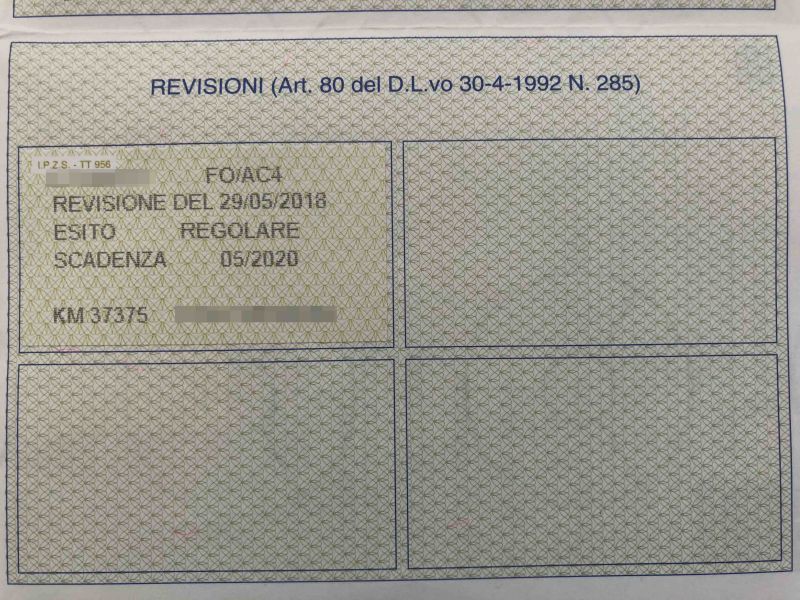The highway code does not admit errors of any kind, it was made to be respected, to limit accidents, which have increased substantially over the last few years.

Many motorists and motorcyclists do not respect the highway code, above all they do not comply with certain regulations unimportant or superfluous.
The reality of the facts is quite different, because every rule included in the highway code has a reasonso it is essential to respect all of them, in order not to put yourself and others at risk in any condition and situation.
What documents should you always carry with you in the car?
When you get into your car, whether it’s for short or long journeys, it doesn’t matter, you need to have all the documents that have to do with the car in your hands, such as the vehicle registration document and your identity card, tax code and license. These documents must be presented in case of control by law enforcement at checkpoints.
There is one document in particular that cannot be missing and that must be shown in the original, neither photocopied nor fake. This is the document certifying the inspection of the vehicle. In this regard, it is specified that the inspection must be carried out every two years for new vehicles that have already been inspected four years after purchase.
The steering, the windows, the mirrors, the electrical system, the chassis of the car and all the braking devices, such as the handbrake, service brake, license plate, chassis, harmful effects and therefore exhaust gases are subjected to inspection and noises and all other equipment including belts and horn. No parts or components are disassembled, the check is carried out visually.

Here is the document that must be presented original and never falsified
Immediately after the inspection, a label is issued which is affixed to the registration certificate. If the vehicle does not pass the review due to some minor detail that can be easily resolved, the review must be repeated and the vehicle must be resubmitted within a month. If, on the other hand, the wording suspended revision is indicated, it will be necessary to submit an application with the payment of one additional fee which allows you to carry out the inspection of the vehicle a second time.
The inspection does not have a fixed deadline for all cars, it is periodic, there are some that are annual and others extraordinary. In any case, it can be carried out at any office of the motorisation or in authorized workshops. The cost varies according to who you contact. Vehicles that have not undergone the MOT are subject to an administrative fine ranging from €159 to €639 in the event of a check. If a vehicle appears to have been suspended, but is still in circulation, a fine ranging from €1842 to €7369 is applied, then the vehicle is detained for 90 days. If instead the document that comes shown to law enforcement is falseyou risk a fine ranging from €398 to €1596.




